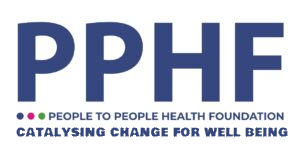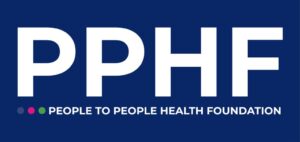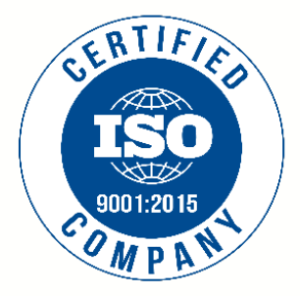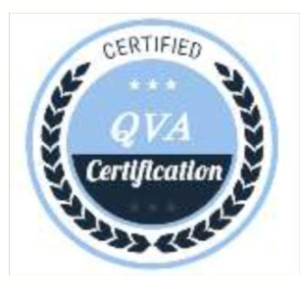
Nutrition
We work towards better nutrition outcomes across key life stages from infancy to old age. Most evidence indicates that malnutrition is closely linked to poverty and purchasing power. In addition, improving nutrition is linked with gender equity and increasing girls’ and women’s education, improving infant and young child care and feeding and improving access to safe drinking water. Our priority is to overcome the ‘triple burden-underweight, micronutrient deficiencies and overweight’ of malnutrition challenges.
"We work towards better nutrition outcomes across key life stages from infancy to old age."
We invest on evidence based essential nutrition interventions comprises a continuum of preventive and curative interventions across the 1000-days window and adolescence. They include the promotion, protection and support of appropriate Infant and Young Child Feeding (IYCF) practices, delivery of micronutrient interventions, delivery of maternal-child health services, equitable access to food security including dietary diversity, care of adolescent girls and women as well as improvement in water-sanitation-hygiene practices.
PPHF Approach to Nutrition Program Impact
Adolescent girls
- Improve the quantity and quality of food and nutrient Intake for girls.
- Prevent and manage micronutrient deficiencies particularly anemia in adolescent girls.
- Universalize completion of secondary schooling for girls
- Improve gender equity
Pre pregnancy and pregnancy
- Iron and folic acid (IFA) supplementation and deworming for adolescent girls and women of reproductive age
- Calcium supplementation during pregnancy for low calcium
- Adequate food and nutrient intake during pregnancy
New born
- Iron and folic acid (IFA) supplementation and deworming for adolescent girls and women of reproductive age
- Calcium supplementation during pregnancy for low calcium
- Adequate food and nutrient intake during pregnancy
Birth-5 years
- Routine immunization
- Screening and therapeutic feeding and care of all SAM children
- Sick child care (using IMNCI or other protocols)
- Vitamin A supplementation and deworming
- IFA suplementation
- Management with ORS & Zinc
6-24 months
- Counselling and support for age – appropriate complementary feeding with BF
- Counselling for adequate feeding for children during and after illness
- Nutritional support for young children
1-6 months
- Counselling and support for exclusive BF (including work place and maternity leave policies and entitlements)
- Nutritional support to BF mothers
Nearly 10 Years of Impact: People-to-People Health Foundation(PPHF) is dedicated to providing long-lasting solutions to health problems and improving the quality of life for the world’s most vulnerable people, especially women and children. PPHF have been working with Ministry of Health and private sectors in India since last 10 years to address the health program and policy implementation gaps. PPHF has very intensive and longtime experience in building capacity of health system and mobilize community for uptake of better health services. We provide technical support on quality public health delivery, capacity strengthening and health technology. Besides that, we generate new knowledge through implementation research and demonstrate for better program and scaling up. We work closely with communities and key actors on sustainable solutions for public health challenges.
Drawing on decades of experience and recognizing the unique needs of each region, PPHF works in partnership with key stakeholders to design and deliver targeted responses. All of our programs integrate innovative, evidence based interventions in three key areas:
- Building the skills of health care workers and the capacity of the local health care system
- Improving access to quality services and
- Establishing and expanding community support systems
Building the Skills of Health Care and Nutrition Workers
We are building the skills of health and nutrition care workers in evidence-based essential health, food & nutrition security and WASH interventions. Our capacity building programs reach a diverse range of health and nutrition professionals at the community and facility levels in order to ensure household nutrition security. We mobilize qualified staff, local experts and volunteers to deliver trainings utilizing a train-the trainer approach to support long-lasting, positive health and nutrition outcomes. Strengthening of the knowledge and skills are
through results focused training, communication materials and job aids, as well as their support systems to improve their performance and contributions in the nutrition area. We create the digital learning platform for health and nutrition care providers and community.
Improving Access to Quality Nutrition Services
Having access to healthy, safe, and affordable food and nutrition services are crucial for healthy life and minimize the increasing the risk of poor health outcomes. We promote evidence-based approach to the design of key nutrition programmes, considering replication of proven low-cost and high-impact interventions. Our efforts are to empower vulnerable people to have increased access and quality of nutritious food at households and communities through strong partnerships with key Ministries, professional groups and local champions. We create stronger coordination mechanisms at all levels to ensure that government programmes focus on nutrition, collaborate with each other, and nutritional outcomes. We promote the improvement of girls’ and women’s nutritional status as a top political and programmatic priority at all levels.
Expanding Community Support
We engage communities and local leadership as vital partners in community food and nutrition security system in both rural and urban areas. We educate families and households to make healthy nutritional behavior changes to improve household food and nutrition security with a gender lens. We increase local community involvement in nutrition, particularly in planning, monitoring and supporting key services and behaviour change efforts. We work through key stakeholders to eliminate malnutrition and improve the health and well being of all of people. All of our programs incorporate comprehensive monitoring and evaluation to track program performance and achieve long-lasting and quality results.




